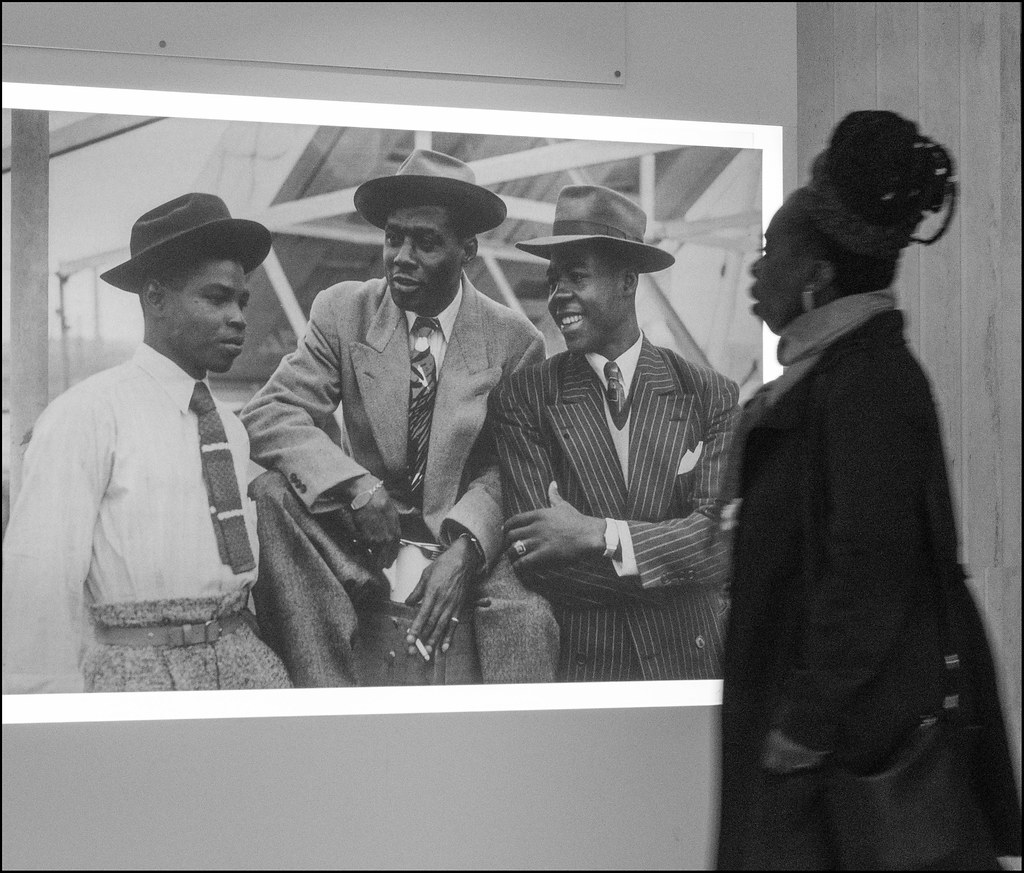Susceptible Archives
By Anne Anlin Cheng In Thinking Orientals: Migration, Contact and Exoticism in Modern America, a study of early Asian American sociologists who contributed to the birth of the famous Chicago School of Sociology, Henry Yu addresses the paradoxes of and for racialized intellectuals engaged in the construction of counter-narratives (that are sometimes narratives of self-identification) in the service of the production of academic knowledge. He reminds us that the racialized scholar is not free from “the ethnographic imagination,” defined as the task of “making a place seem strange and then gradually replacing the confusion with knowledge that make the place and the people seem familiar enough to be understandable and perhaps even admirable.1 What Hazel Carby has done in her new book, Imperial Intimacies, is to turn this insight inside out, making us see that it is not the packageable and digestible narratives of self-identification that may be risky but rather it is the impossibilities and the fractures of a narrative of self-identification that can contest history. It is the profound self-estrangement within Carby’s project—a schism …

